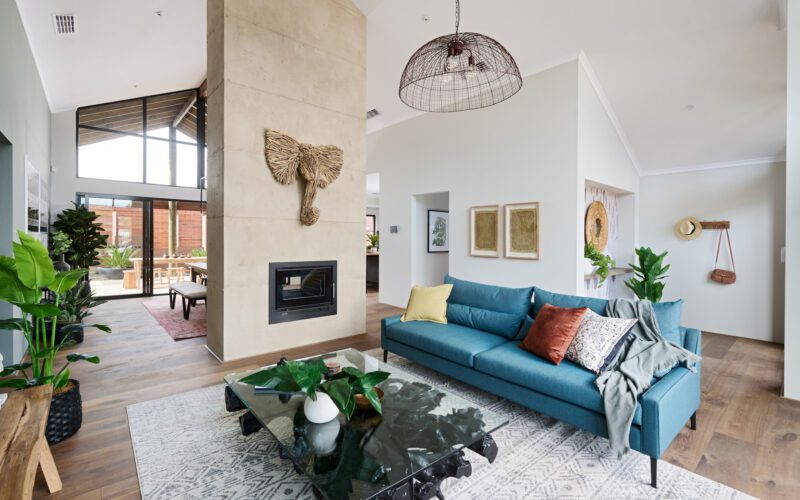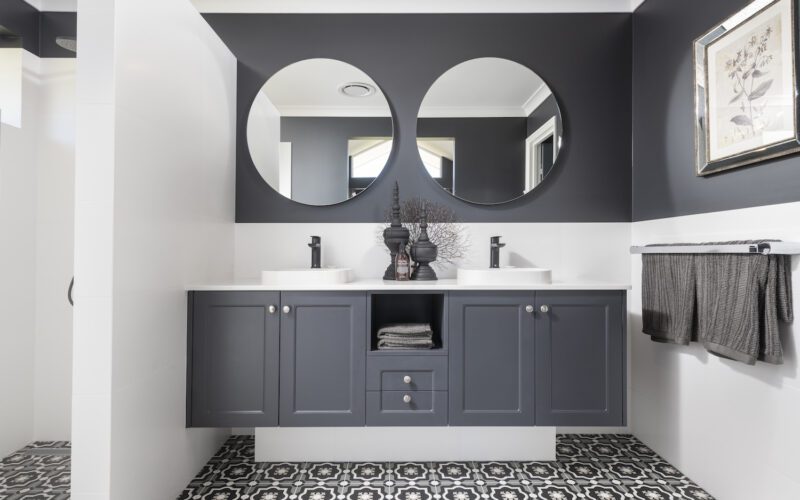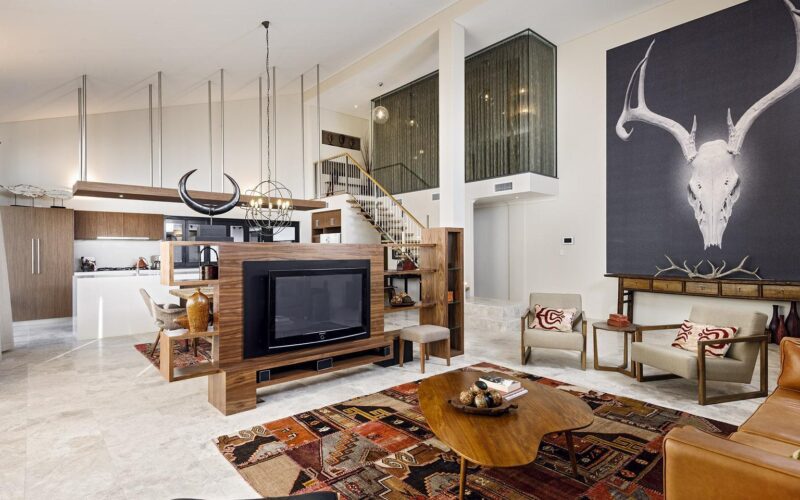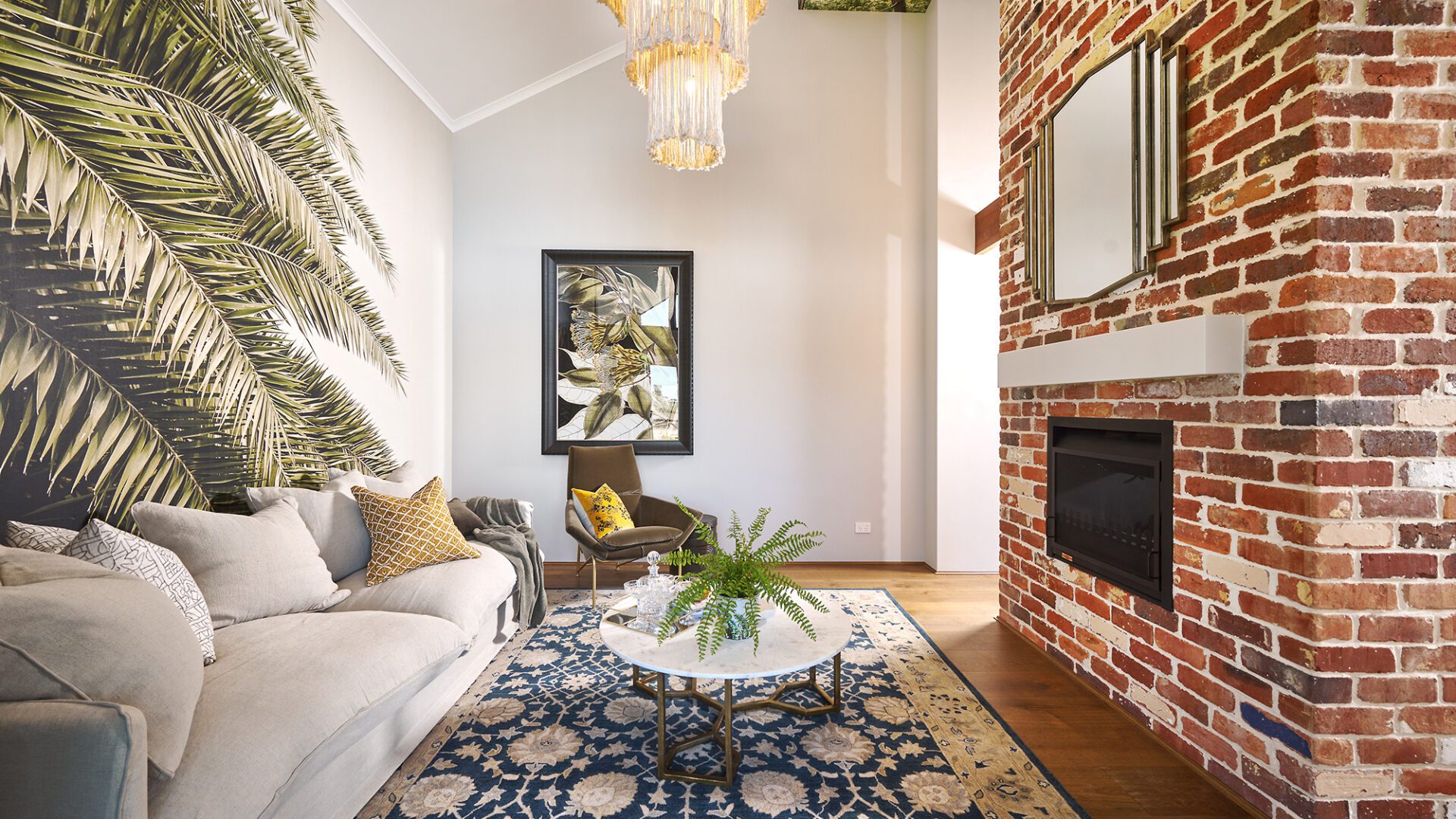
Gas Fire or Wood Fire? How to choose
Did you know the saying “home is where the heart is” is an adaptation of the phrase “home is where the hearth is”?
From cooking over an open flame to heating water for that end-of-the week bath, the fireplace truly was the focal point – the heart – of the homes of yesteryear.
Fast forward many, many decades and nothing symbolises cosiness, relaxation and home comforts quite like a real fire.
Or is it real?
Gas log fires have added the choice of convenience if we want all the ambience of a real fire without actually having a real fire.
Needless to say, wood heaters and gas log fires both have their pros and cons.
So how do you decide which is right for you?
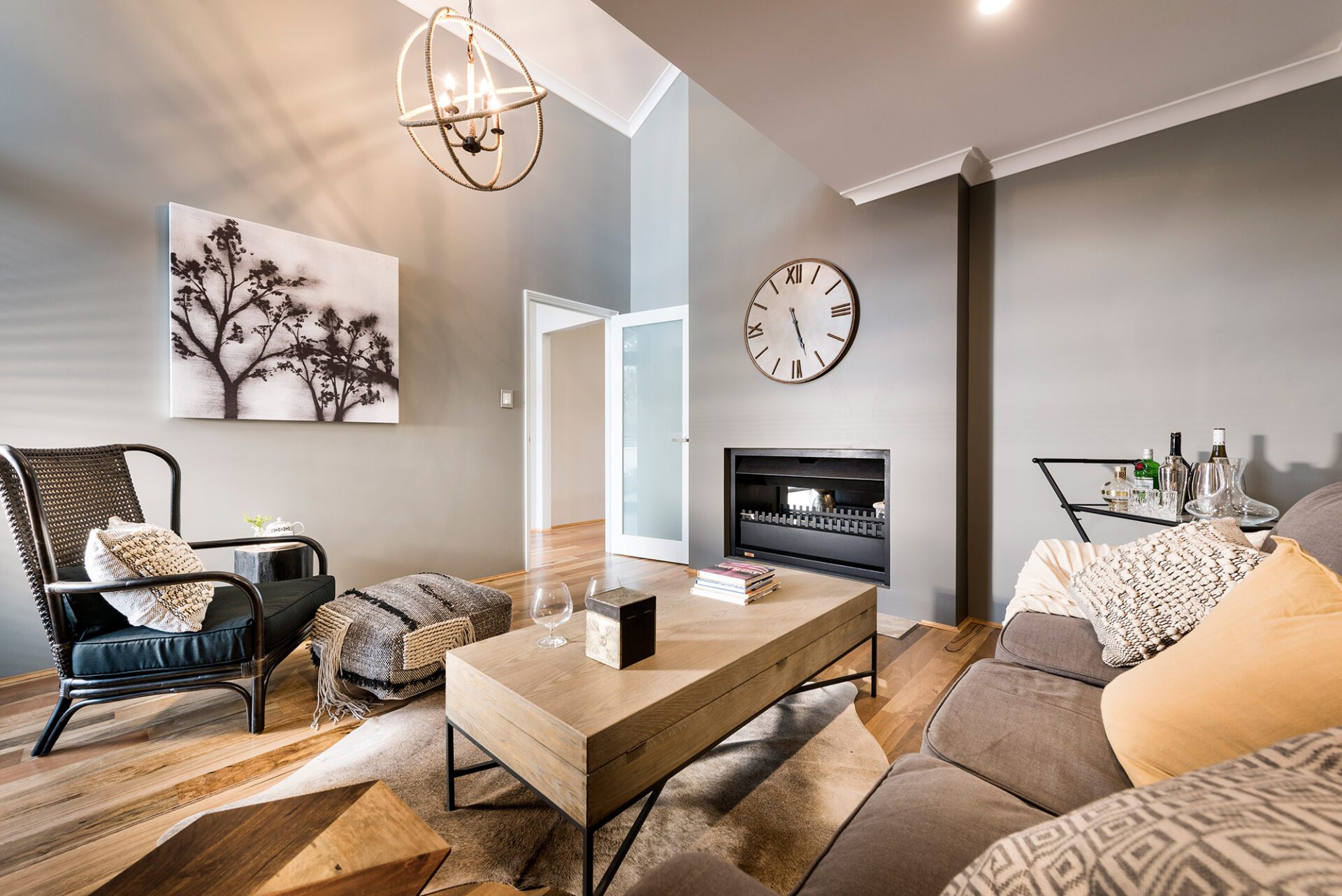
Here are 5 questions to help the thought process if you’re planning to add the ambience of flickering flames to your new home.
- Do I want touch-of-a-button convenience?
If you’re out for much of the day you may not want to go to the trouble of lighting a wood burner when you get home, preferring instead the instant response of a gas fire. Gas fires usually come with heat settings and the option of a remote control, so you can easily dial the heat up or down. Wood heaters need regular feeding, plus there’s the sourcing and storing of wood to consider. Wood fires also need regular cleaning and generally generate more mess than their super-clean gas counterparts.
- What sort of style am I after?
Both wood burners and gas log fires come in a range of styles, with freestanding models in particularly suiting today’s rustic or industrial-inspired décor trends. Many argue there’s a romance associated with a real fire and say you can’t beat the smell and crackle-pop of a real wood fire to add ambience on a cold winter’s evening. As well as freestanding options, there are also built-in options to suit everything from a rustic wall in brick or stone, to a traditional fire surround with an elegant timber mantlepiece. Wood burners and log fires have different installation requirements, so if you’re building a new home talk to your builder early on in the design phase.
- How much do I want to spend?
As a rule of thumb, a gas log fire can cost more to buy than a wood burner, but much depends on the make, model and style you’re after. There will also be installation costs, whichever option you go for. Then there’s the on-going running costs. Gas fires contribute to your gas bill, while wood burners require a source of suitable wood, which you’ll need to buy if you can’t source it for free.
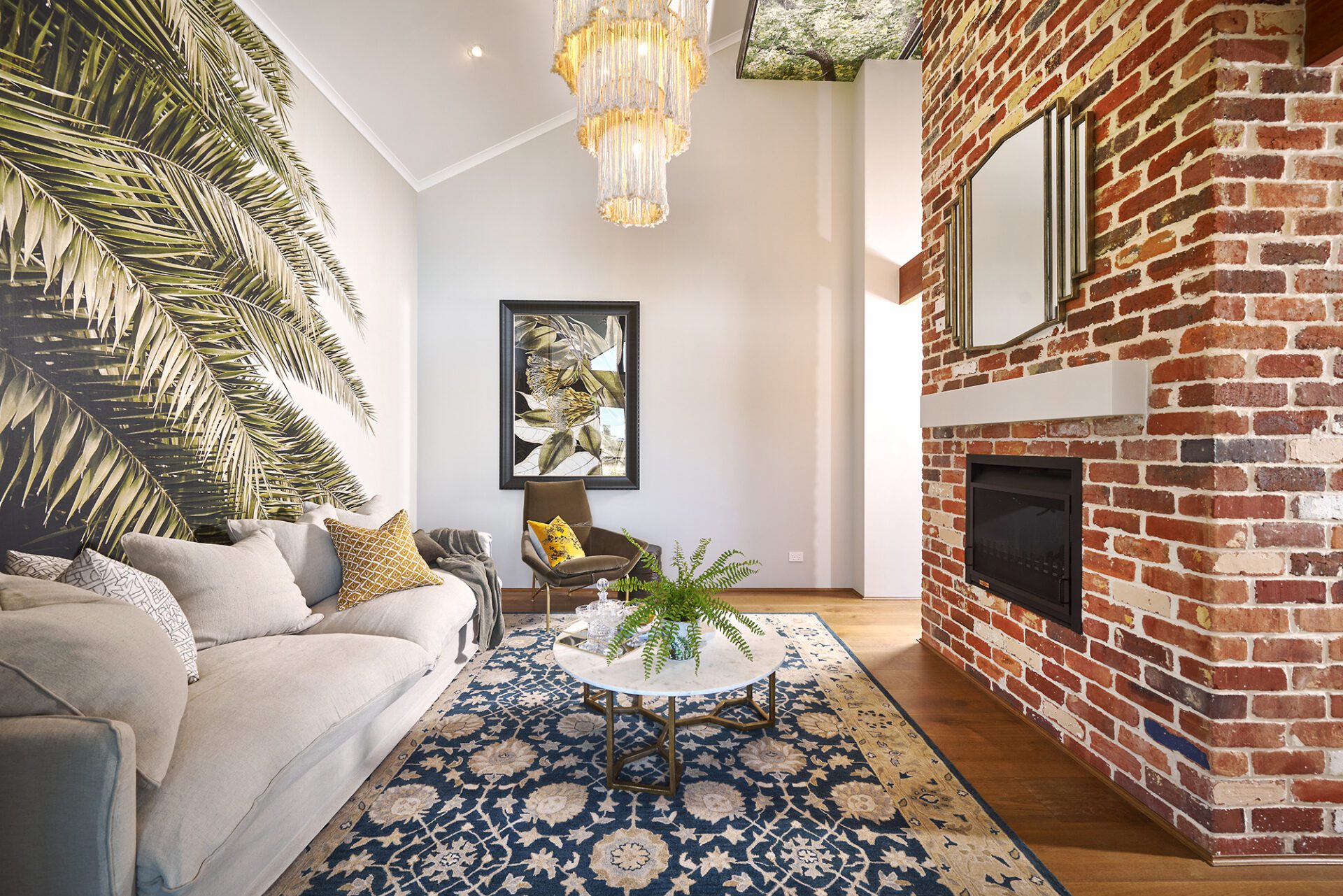
- How warm is warm?
While wood burners and gas log fires give off different types of heat, what’s important is the size of the fire and its heat output in relation to the size of the room. Wood burners are generally thought of as a better option to heat larger volumes of space, such as rooms with high or raking ceilings, as they can offer a larger heating capacity. But some people argue a room just feels warmer and cosier when it features the glow of a flickering flame, even if the heat output isn’t huge.
- What about the eco factor?
Much has been argued about wood burners v gas log fires and both have their advantages and disadvantages in terms of environmental impact. Chatting to a firm that specialises in heating options will help you find the fire that best suits your needs and your priorities.




